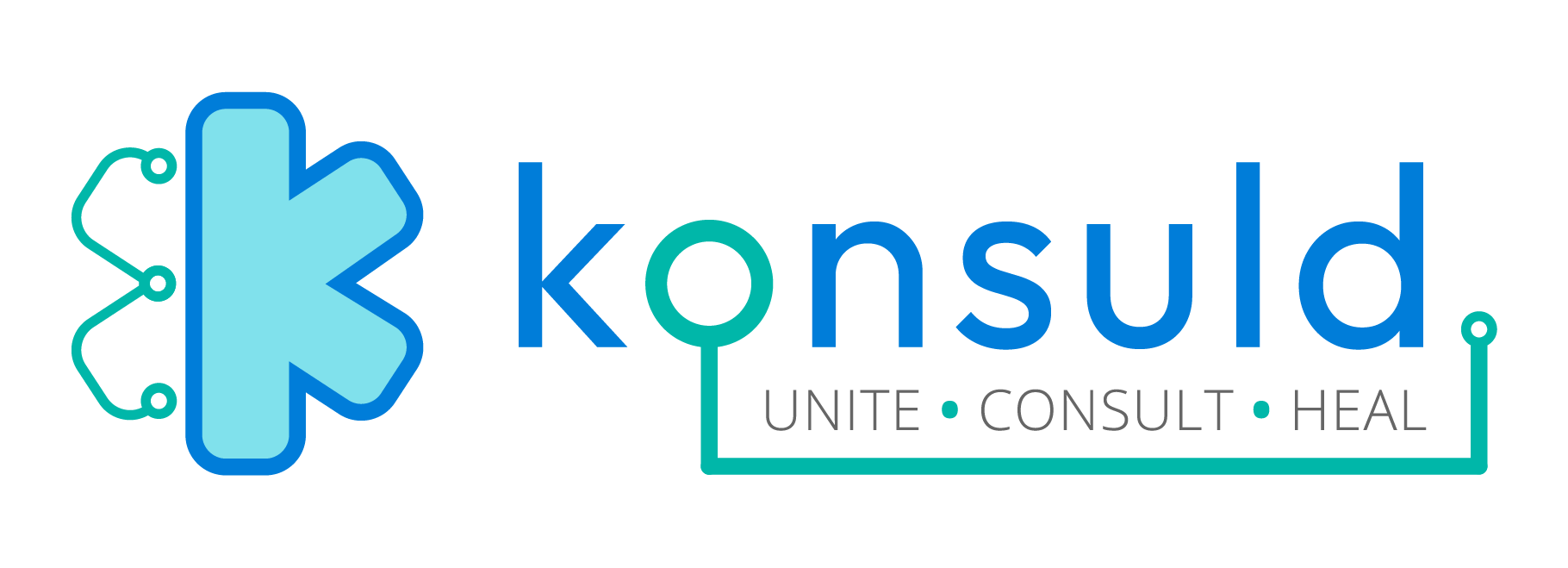Effective collaboration among providers is no longer a luxury but a necessity. Traditional methods of communication—anchored in manual processes and siloed systems—struggle to keep pace with today’s demands. Enter Artificial Intelligence (AI): a groundbreaking force reshaping how healthcare professionals connect, share insights, and drive outcomes.
This article delves into the transformative role of AI in clinical collaboration, showcasing how it revolutionizes healthcare delivery, overcomes long-standing barriers, and provides a roadmap for seamless integration into everyday practice.
A New Era of Collaboration in Healthcare
Collaboration is the lifeblood of quality healthcare delivery. Yet, legacy systems and outdated workflows often hinder healthcare providers (HCPs) from achieving the level of coordination necessary for modern patient care. From geographical barriers to the overwhelming influx of medical data, traditional practices have struggled to rise to today’s complexities.
Key Challenges to Effective Collaboration
- Information Overload: With vast amounts of medical data generated daily, providers often grapple with extracting actionable insights amidst the noise.
- Disconnected Communication: Fragmented exchanges via emails, phone calls, or disparate systems can delay care and lead to costly errors.
- Access Inequities: Rural providers and under-resourced regions face hurdles in consulting specialists or accessing cutting-edge knowledge.
The consequences of these obstacles are tangible—delayed interventions, increased errors, and missed opportunities to improve patient outcomes.
AI as a Catalyst for Change
AI has emerged as a game-changer, reshaping the way healthcare teams collaborate and deliver care. By harnessing its capabilities, HCPs can transition from reactive, fragmented workflows to proactive, connected care ecosystems.
Core Innovations Driving AI-Powered Collaboration:
- Data-Driven Insights: AI algorithms sift through immense datasets, identifying trends and delivering actionable insights that might elude even the most seasoned clinicians. This enables informed, evidence-based decisions in real-time.
- Real-Time Communication Platforms: Advanced platforms powered by AI unify healthcare teams by integrating secure messaging, teleconsultations, and shared health records. Providers, regardless of geography, collaborate seamlessly to ensure timely care.
- Predictive Analytics for Better Decision-Making: By analyzing historical and real-time data, AI tools offer predictions that support proactive care planning and early identification of complications.
- Crowdsourced Expertise: AI aggregates insights from a global network of providers, creating a dynamic repository of case studies, treatment protocols, and expert advice—accessible to HCPs worldwide.
Unlocking Value for Healthcare Providers
Integrating AI into clinical workflows delivers measurable benefits that directly impact both providers and patients:
- Enhanced Patient Outcomes: With AI sharpening diagnostic precision and optimizing treatment planning, patients experience more accurate and effective care.
- Increased Operational Efficiency: By automating routine tasks and streamlining communication, AI allows HCPs to devote more time to critical thinking and patient engagement.
- Collaboration Across Disciplines: Seamless interactions between specialists from different fields foster a multidisciplinary approach to complex cases like oncology and cardiology.
- Global Accessibility: For providers in underserved regions, AI bridges the gap to expert consultations, empowering them to deliver higher standards of care.
Breaking Down Barriers to Adoption
While AI promises transformative benefits, its implementation requires careful navigation of several challenges:
- Data Security and Privacy: Protecting patient information and complying with regulations like HIPAA is crucial in any AI deployment.
- Workflow Integration: AI solutions must align with existing systems to ensure adoption without overwhelming end users.
- Provider Training: Equipping HCPs with the knowledge to use AI effectively is key to maximizing its potential.
- Ethical Considerations: Transparent algorithms and mechanisms to address bias are essential to maintaining trust in AI-powered decisions.
Building the Future of Collaboration
AI is no longer a distant vision—it’s here, shaping healthcare in ways previously unimaginable. For HCPs, embracing this technology is not just about staying relevant; it’s about improving lives, increasing efficiency, and building systems that support providers and patients alike.
As we stand at the crossroads of innovation and implementation, the roadmap to success lies in understanding how AI can integrate into clinical workflows, respecting the ethical dimensions of its use, and fostering an ecosystem of continuous learning and collaboration. The future of healthcare will not be built by individuals but by connected teams empowered by intelligent systems.
Together, through AI-powered collaboration, we have the opportunity to redefine what’s possible in patient care.




